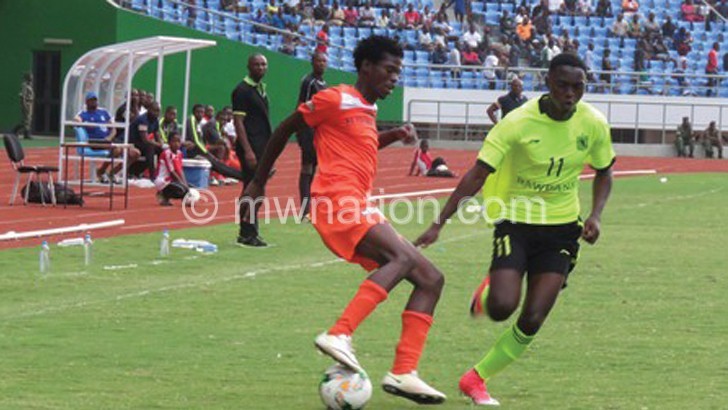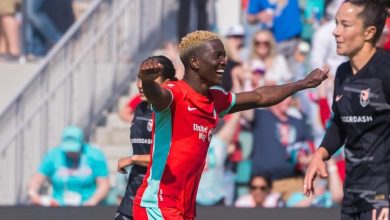Clubs lack strategy on commercial drives
Super League clubs are struggling to implement commercialisation initiatives because they lack workable strategies, Weekend Nation has established.
Backed by Fifa spearheaded club licensing system (CLS) which encourages clubs to run professionally, clubs in the country have over the years been solidifying their gospel of becoming thoroughly commercial.
From selling merchandise to SMS promotions, membership drives and dinner and dances, outfits such as Silver Strikers, Nyasa Big Bullets and Be Forward Wanderers, have invested in them all. But failure has essentially been all they were left with.

Champions League campaign
Separate interviews with some clubs and business experts have revealed that the clubs lack commercialisation strategies stemming from failure to hire marketing or business development experts or consultants to lead the drive.
While Malawi top clubs operate without marketing departments, other teams in southern Africa are well ahead. For instance, South Africa side Kaizer Chiefs, Orlando Pirates and Mamelodi Sundowns have created key marketing positions such as brands manager, retail manager and marketing manager.
Wanderers have been the latest club to suffer from commercialisation shock. Recently it organised an SMS campaign to raise around K30 million to supplement their budget for the CAF Champions League campaign. But the Nomads only realised less than K500 000.
About two years ago, the Nomads also organised a dinner and dance to raise funds for construction of a stadium but only few people turned up.
Wanderers chairperson Gift Mkandawire in an interview said they hired marketing analysts before launching the fundraising initiatives.
“After doing their research they gave us flowery findings which showed that we will generate much funds. However, it has always been shocking that the results were totally different,” he said.
Mkandawire acknowledged that if they had a permanent marketing team things could have turned out to be different.
“We understand the importance of having fully employed marketers to steer the commercialisation drive. However, it is expensive to employ marketers as full timers. But it has always been our hope to have fully employed business development experts,” he said.
Silver Strikers have also struggled to go fully commercial as projects such as sale of replica jerseys—when they signed a deal with United States-based sports gear manufacturer Nsejjere—could not materialise.
In an interview, the Bankers general secretary (GS) Thabo Chakaka-Nyirenda also confessed that they do not have a fully employed marketing team and rely on a team of volunteers to strategise the club’s businesses.
“The challenge is that those that are helping us on the marketing front have other personal commitments, so it is difficult to get their full support,” he said. “But we are moving towards mobilising resources to set up a fully employed marketing team.”
Chakaka-Nyirenda further disclosed that as part of their commercialisation they are wooing the corporate world to be advertising at their stadium and their newly-introduced website.
“We have a lot of projects and that is just one of them. But we know that if we were to succeed, without undermining those that are volunteering to help market our products, we really need full time workers,” he said.
Blue Eagles GS Ulemu Kalua stated that the club also runs fundraising initiatives to supplement the sponsorship they receive from Malawi Police Service (MPS).
“We may not rely on our sponsor fully, so we also fundraise mostly through football matches. But let me say that we don’t generate much from the initiatives because we don’t organise them regularly,” he said.
Kalua admitted that their fundraising partly suffers because of lack of a marketing department.
“But then our club is owned by the MPS so it is difficult for us to operate as a hard-core business entity,” he said.
Football Association of Malawi (FAM) commercial and marketing director Limbani Matola noted that most clubs are failing to commercialise because their leaderships do not have long-term plans.
“Most clubs’ executive committees’ members are politicians. They only think about short-term plans because they rarely hold office for more than three years. It is difficult in this sense to think about commercialisation strategies that can in the long run generate revenue for the clubs,” he said.
Matola also said the key element in any commercialisation drive is establishing a marketing team and urged clubs to ensure they adopt this line of thought.
“The club’s fundraising programmes fail because they do not have time to strategise. When you have a marketing team, it takes a lot of strategising and planning before execution. This is why they must have marketers,” he said. n





